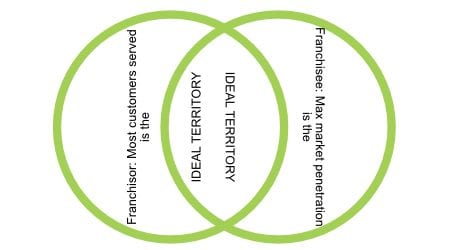The Franchisor-Franchisee Relationship
If you are considering franchising your company, one of the things you may not have spent time thinking about is the franchisee-franchisor relationship. If that is true, I encourage you to stop right now, however far along you are in franchising your business, and dig into this pivotal part of franchising. In a franchise organization, few subjects are discussed as much, disagreed about as often, or, frankly, as litigated as the relationship between franchisees and franchisors.An imperfect union
First, let’s address the elephant in the room. A franchisor’s and franchisee’s motivations will never be perfectly aligned. “Hold on a second, Michael,” I can already hear you thinking. “I know I heard you say on/at (insert franchise presentation or interview here) that a franchisor’s success is directly tied to their franchisee’s success”! You are right. Not only have a said that (or something similar) in virtually every presentation I’ve given on franchising and everything I have written on the subject, when I work with an entrepreneur to franchise their company I repeat this mantra over and over. The reason why is simple; the level of dependency a franchisor has on their franchisees is not intuitive, and is knowledge that, if gained organically, will probably be gained by the franchisor way too late. Conversely, the knowledge that they can always have their franchisee’s long-term best interests at heart and still be misaligned will become part of every franchisor organization fairly early on in their life cycle.Not Quite Aligned
In what instances can a franchisor and franchisee end up aiming at different targets?Territory and Exclusivity
This is probably the most common example I have seen. A franchisor is never well-served with franchisees cannibalizing each other’s business; the net outcome is less overall system revenue and 2 unhappy franchisees that take part in the validation process. A franchisee with an overly-large territory is likewise not receiving the best benefit from their franchised brand; after all, building a brand together, enjoying economies of scale on advertising, inventory and the like, and gaining more brand exposure, faster is one of the reasons franchisees invest. Even with such a seemingly clear alignment of purpose, however, there can only be so much overlap:
An interesting aside on this; some franchisors, like P3 Cost Analysts, a cost reduction company, get around this potential misalignment by allowing franchisees to do business anywhere in the U.S. This is definitely the exception, though, not the rule!